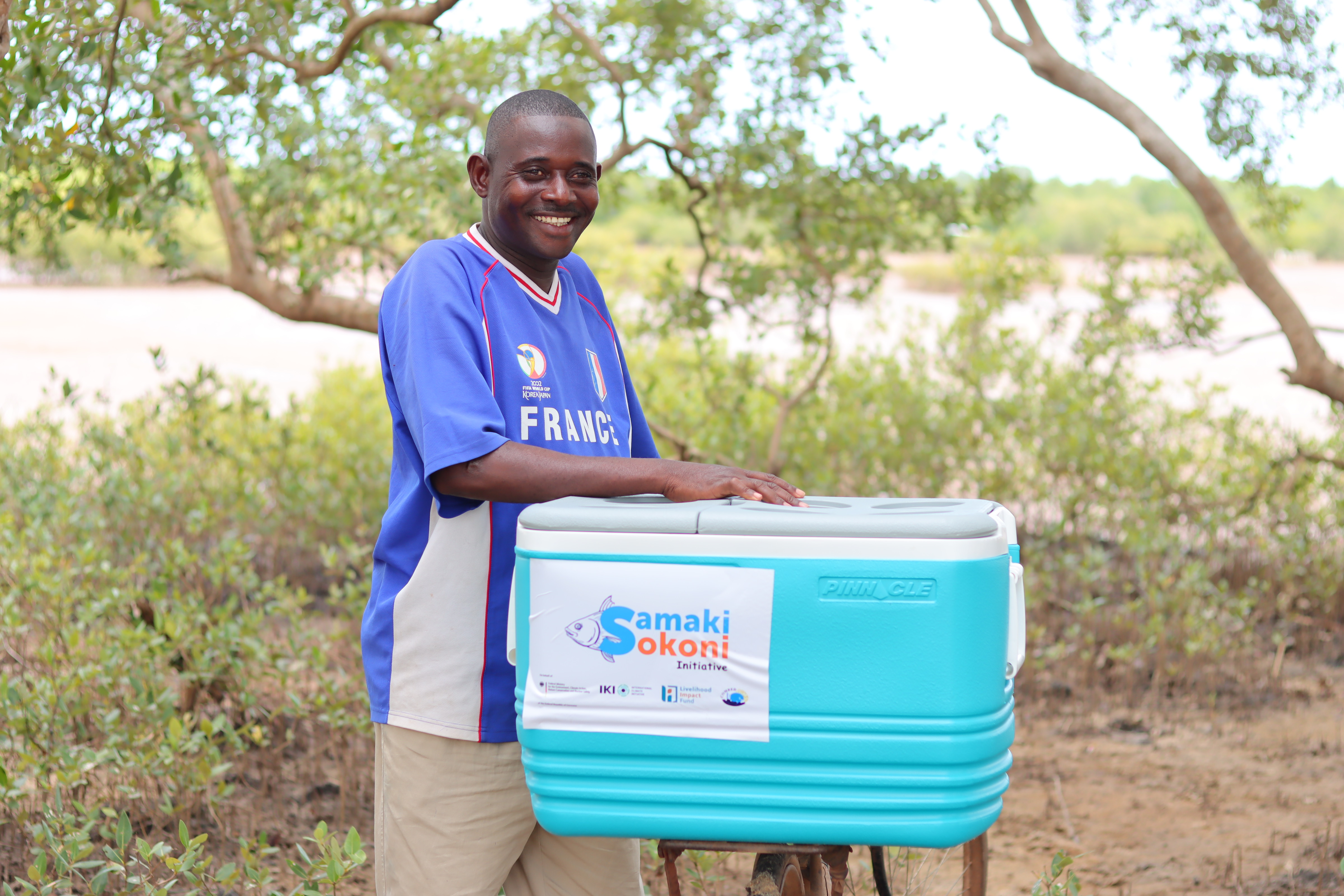The formation of the Ramisi Community Forest Association (RACOFA) marks a pivotal point towards revitalization of forest management in Ramisi ward of Kwale County. RACOFA is the successor of Mwadzaro, Bodo, Buda, and Funzi Community Forest Association (MWABBOFU CFA). “MWABBOFU CFA was established in 2006 with the aim of conserving the forest ecosystems in our area, however, this unit had been dormant over the years due to poor governance and unsustainable and unreliable funding,” says Mwangolo Mohammed, the chairperson of the newly formed RACOFA.
CFAs are established through the Kenyan law on forest management—the Forest Conservation and Management Act, 2016. The CFA comprises villages living adjacent to a forest and allows for community participation in the management of forests. A CFA is thus the basic unit for forest management. The aim of establishing a CFA is to promote sustainable management, including conservation and utilization of forest resources, for socio-economic development.
RACOFA is one of 253 CFAs countrywide, 12th in Kwale County, and the second of its kind. It covers the Mwandamu, Bodo, Funzi, and Shirazi mangrove forests (2,300ha) and Buda terrestrial forests (667 ha). It is the first ever CFA that COMRED is supporting towards the development of a Participatory Forest Management Plan (PFMP). This breaks new ground for COMRED. In Kenya, the law requires each gazetted forest to have a management plan intended to guide and coordinate conservation and management actions targeting the forest ecosystem for a period of 5 years.

COMRED has been working with BMUs in Kwale for a long time, and our recent intervention with them is the Kwale County Community Eco-Credit Project, which allows community members to access credit on condition that they conserve the environment. Within the project, community groups undertake conservation activities such as mangrove nursery establishment and planting. To ensure that mangrove restoration is done in a more structured way, the need to work with the CFA was identified. That is how the idea of revitalizing the MWABBOFU CFA was born. Supporting the CFA also enables COMRED to reach more community members.
In just a span of two months, COMRED, in collaboration with the Kenya Forest Service (KFS) and Vlinder Umita, helped establish Ramisi Forest Association (RACOFA); sensitized 770 community members from 8 villages about the CFA; facilitated nomination of 75 delegates representing 13 user groups/rights; facilitated election and training of 13 CFA management committee members on; leadership and governance, conflict resolution, resource mobilization, and financial management. COMRED with its partners also conducted community sensitization meetings on Participatory Forest Management Plan (PFMP), facilitated nomination of 16 community members to join the RACOFA Local Planning Team (LPT), stakeholder scoping workshop, and forest and socio-economic surveys.

According to Kennedy Muthuri, CFA country coordinator, the forest is a source of products and services that if appropriately developed, results in new livelihood initiatives and eco-tourism ventures, presenting employment opportunities to the people living within the 5km radius of the forest boundary. “Having a CFA enables sustainable exploitation and management of the forest and its resources,” he adds.
In the coming weeks, forest and socio-economic data will be analyzed, followed by the preparation of launch of the PFMP, the signing of the Forest Management Agreement between the Kenya Forest Service and members of the RACOFA, and the implementation of the PFMP.
The future of RACOFA is bright, and with each passing day, they inch closer to the official commissioning of the CFA to actively co-manage the forest with KFS and for its members to reap the benefits of mangrove and terrestrial forests that surround them.


The revitalization of this Community Forest Association is in line with COMRED’s strategic goal ‘Support the conservation of coastal and marine resources’. Our conservation goals are not isolated as they directly support Kenya’s attainment of its 30% forest cover, an equivalent of 15.6 billion trees, and sustainable development goal 13 to combat climate change and its impacts through initiatives such as restoring and conserving mangrove forests which are known for their superpower to absorb and store carbon dioxide.
RACOFA is the maiden CFA of COMRED’s promising journey to support marine conservation, and we are excited about the opportunities this engagement will bring us and the communities we work with. Hopefully, they scale the heights and get to a level of earning from carbon credits!
.png)







